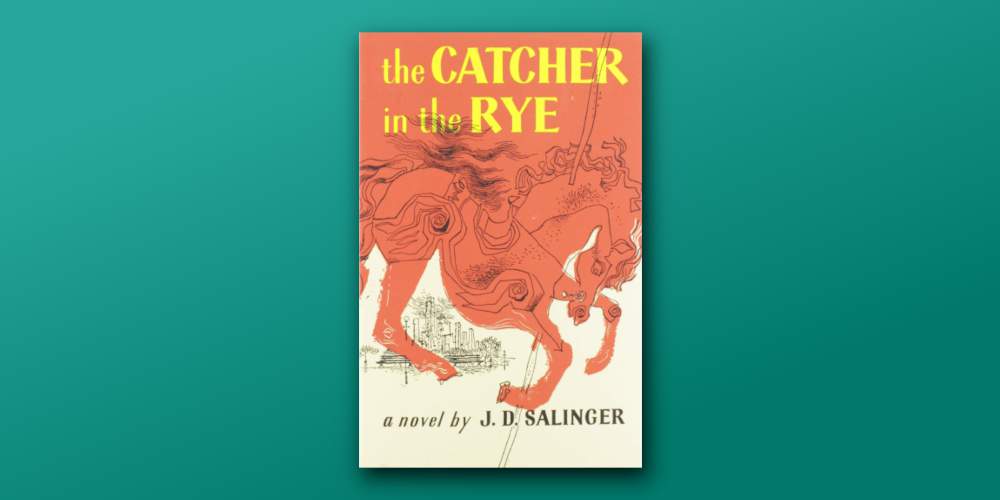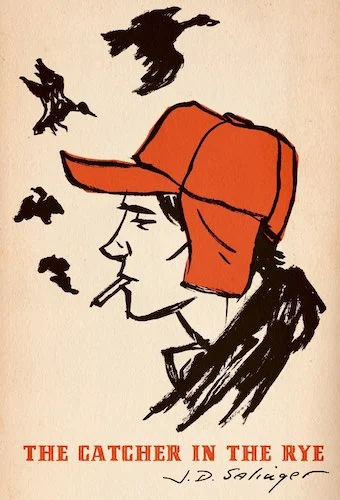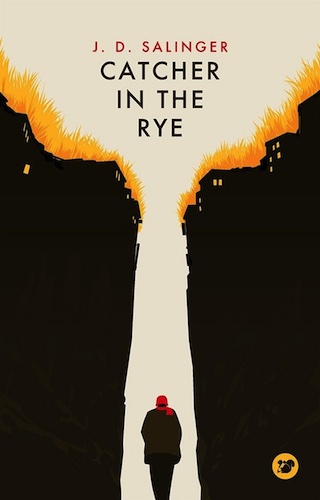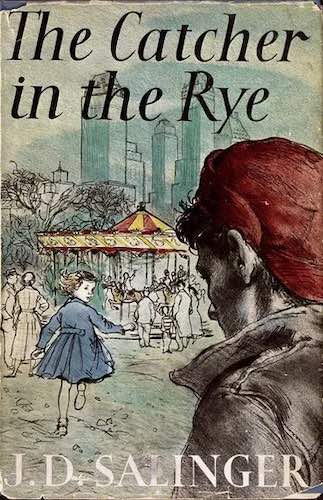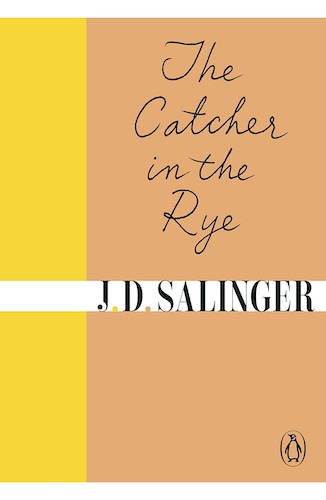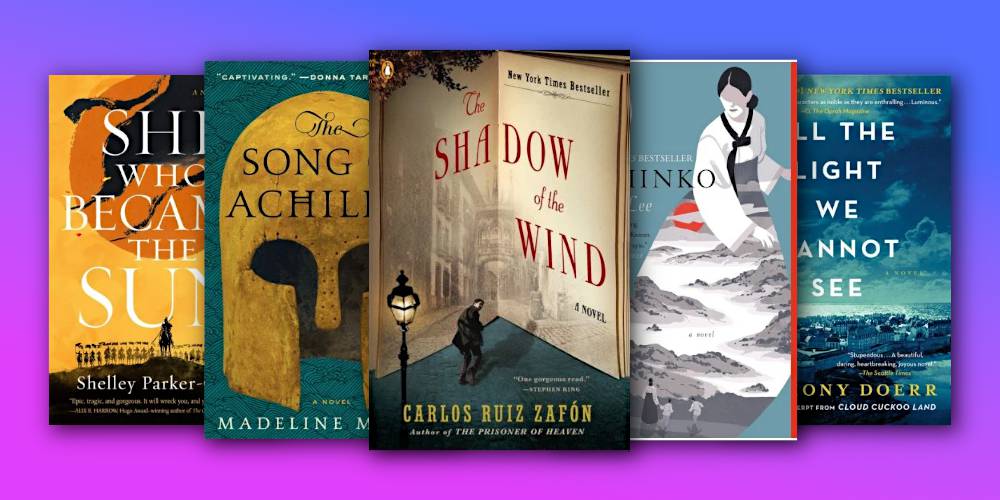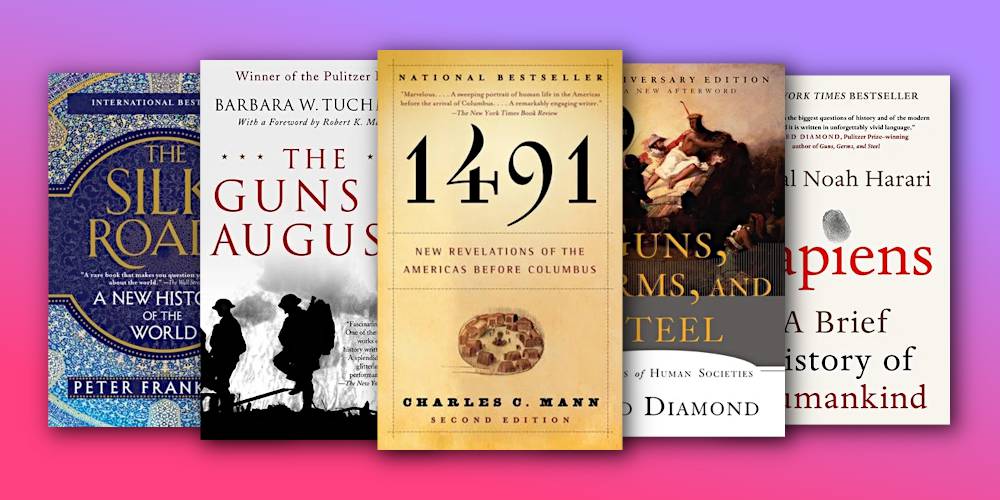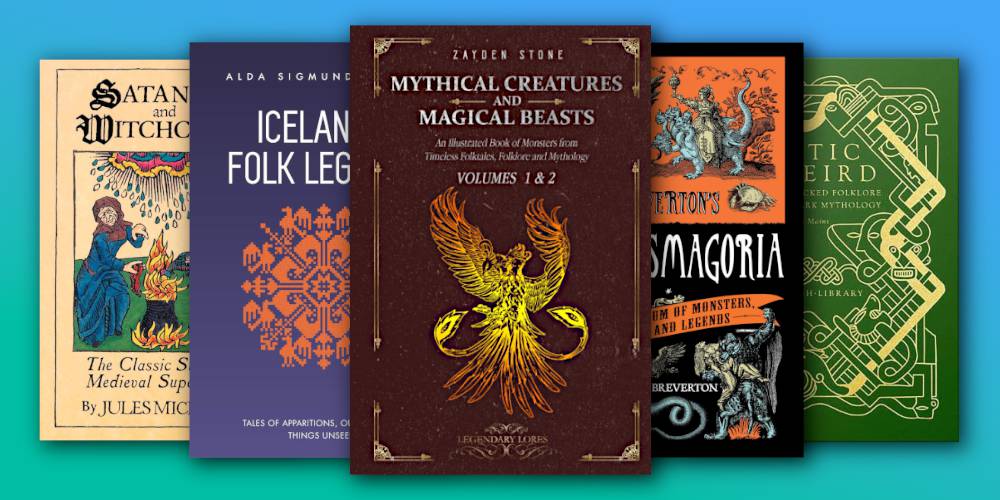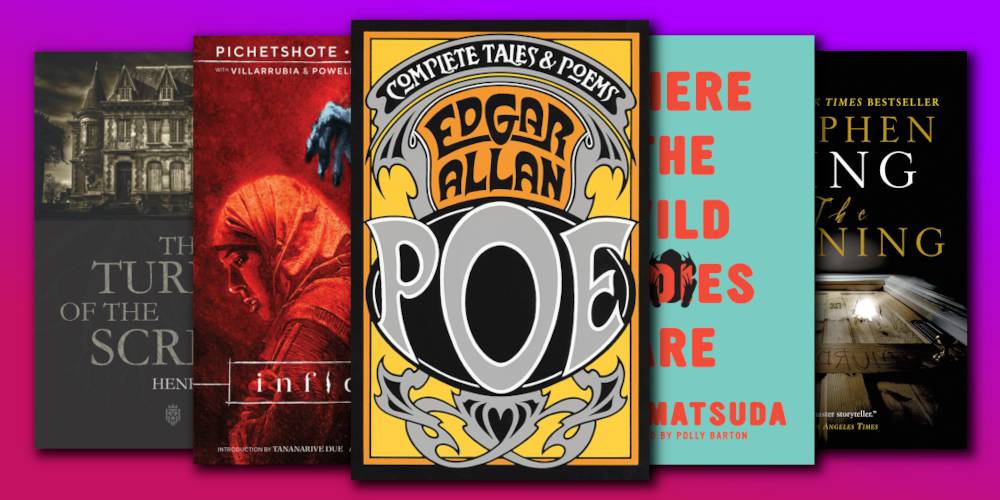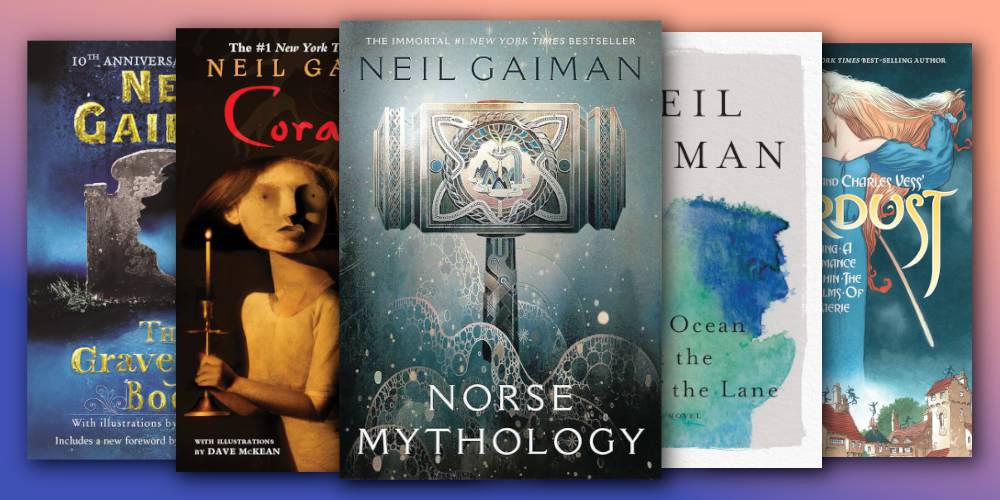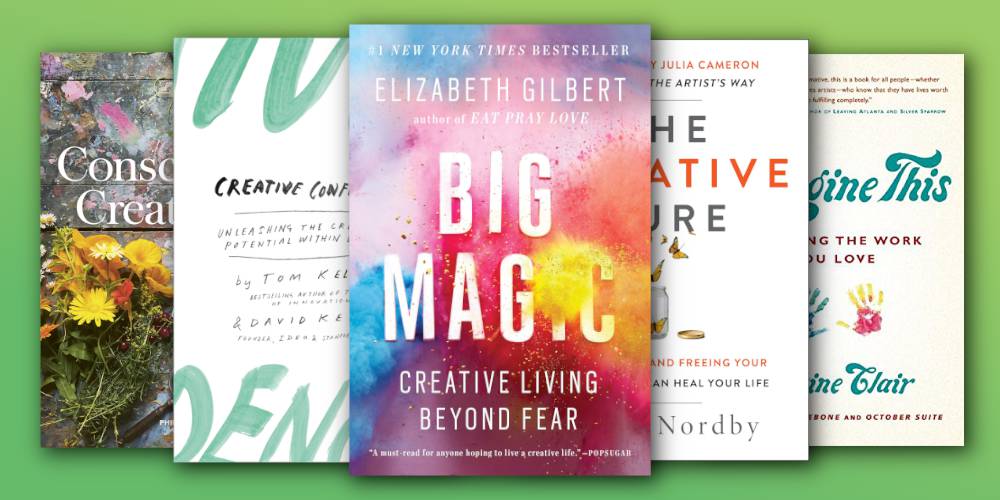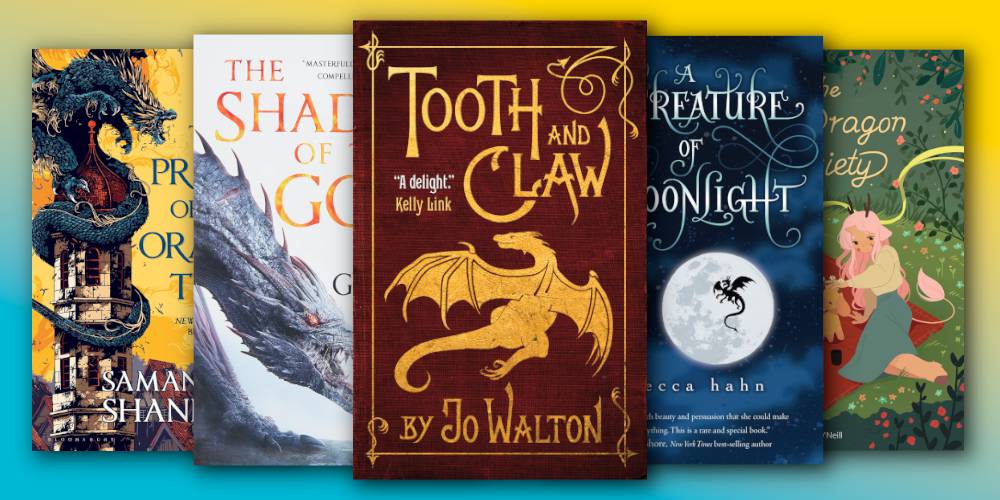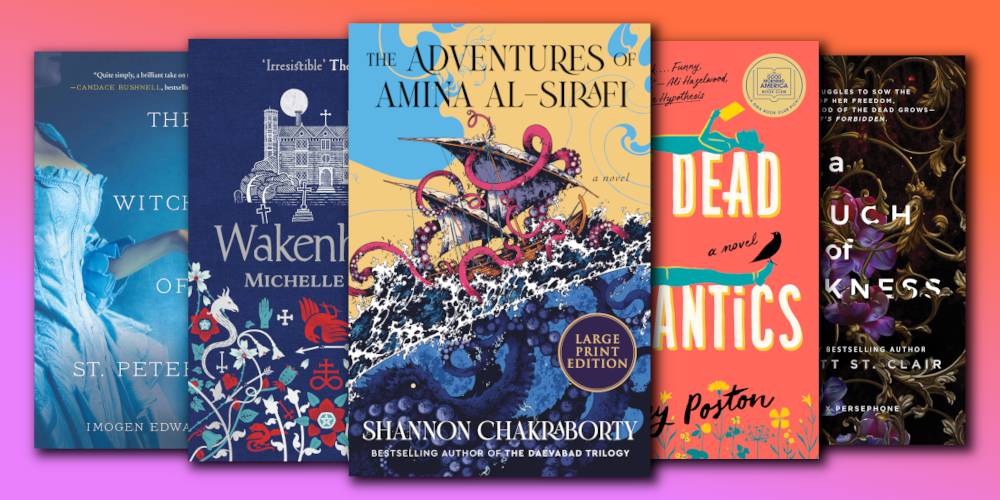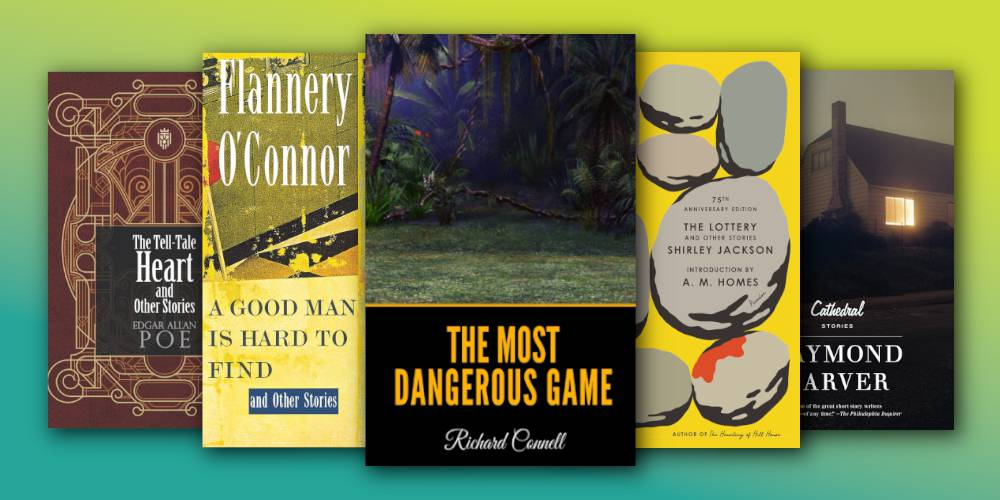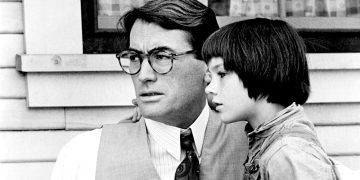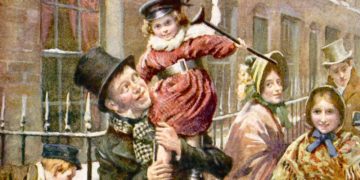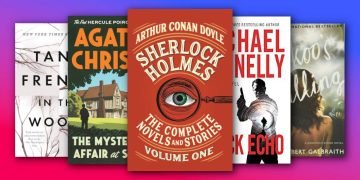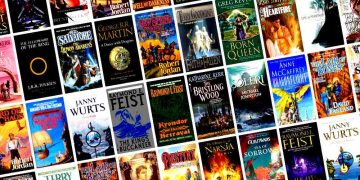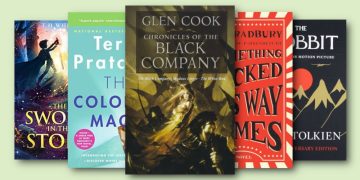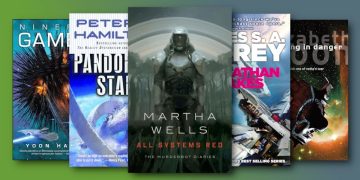1. J. D. Salinger’s Simple Prose
It may sound strange to say it, but the style in which Salinger wroteThe Catcher in the Ryeis quite simple. The complexity of the language is never one that feels overwritten, as Holden’s own thoughts translate into the vocabulary of a person his own age.
Unlike other classic American books, younger readers don’t have to struggle to parse or comprehend any of the themes held within the story. Instead, it feels like an extension of youthful thinking. It’s no wonder why this book is still popular amongst younger audiences.
For example, if you want to read and truly appreciate the literary journey of Ishmael inMoby Dick, you have to be aware of Herman Melville’s prose, which is full of complex and archaic language. (And it’s not just a product of his era, as contemporary Charles Dickens also wrote simply.)
In the grand scheme of time, it seems that Salinger knew the audience he was writing for, as he brought across Holden’s odyssey without overcomplicating his composition.
Related:Why Moby Dick is the greatest novel ever written
2. The Capturing of a Young Mind
J. D. Salinger’s ability to convey Holden Caulfield on the page is everything. If he had failed to intimately break Holden down and illustrate his complexities, the book would certainly have failed.
But Holden’s thoughts are in sync with his age. He has a cockiness to him that’s tinged with doubt, and he has adult tendencies while remaining childish. It’s tough to capture that fleeting period from youth to adulthood, but Salinger gives Holden a fully realized mind with apparent ease.
The most prominent moments of the book feel as though they belong to a real young man who has no idea what he’s doing from one moment to the next. He has no plan for the next step in his journey, lavishly making up future ideas with reckless abandon.
Nothing exemplifies the innocence of youth like reckless abandon, a trait that Holden clearly exhibits via Salinger’s note-perfect writing. It gives the book’s protagonist a tragic feeling from the perspective of adulthood.
3. Holden Caulfield’s Grief Explored
ThroughoutThe Catcher in the Rye, Holden mourns the death of his younger brother (Allie) while holding his little sister (Phoebe) in high esteem. Holden’s grief translates to his thoughts of his little sister, whom he wants to protect by nurturing her intellect.
The type of grief experienced by Holden in the novel dates him, as his whole mind is governed by an apathy fueled by his survivor’s guilt.
It’s the reason why he’s failing in school, the reason why he’s taking risks by himself, the reason why he never thinks about immediate consequences. Holden Caulfield is lost, stuck in a sea of his own making, driven by the depression that’s engulfed him.
His loss and guilt are what make Holden’s actions—like screaming at his friend during lunch—so understandable. He’s not doing any of it on purpose; it all stems from loss. That’s a universal feeling that faults us all when we’re emotionally vulnerable.
4. Transcending Decades of Youth
The chief reason whyThe Catcher in the Ryehas remained popular is that it showcases such an intimate portrayal of a youthful mind. The challenges of youth are universal—that yearning to be older, to have freedom, is true from one generation to the next.
Perhaps Salinger’s best quality is that he doesn’t make Holden more than he is. Sure, Holden is hateful at times—particularly when he brings across his selfishness—but Salinger ensures that Holden is always relatable.
Holden yearns to be understood, and yet there’s a paradox in that he feels as though he’s unique from everyone around him. That mental image of himself is what makes Holden so interesting. He does care, he does want to be understood, but he feels alone and gives into that feeling often.
Holden Caulfield’s angst and self-loathing are traits experienced by all youths across the world, and that’s whyThe Catcher in the Ryedoesn’t age in its central themes. New York may have changed, but there will always be a bit of Holden Caulfield in all of us.



![]()
